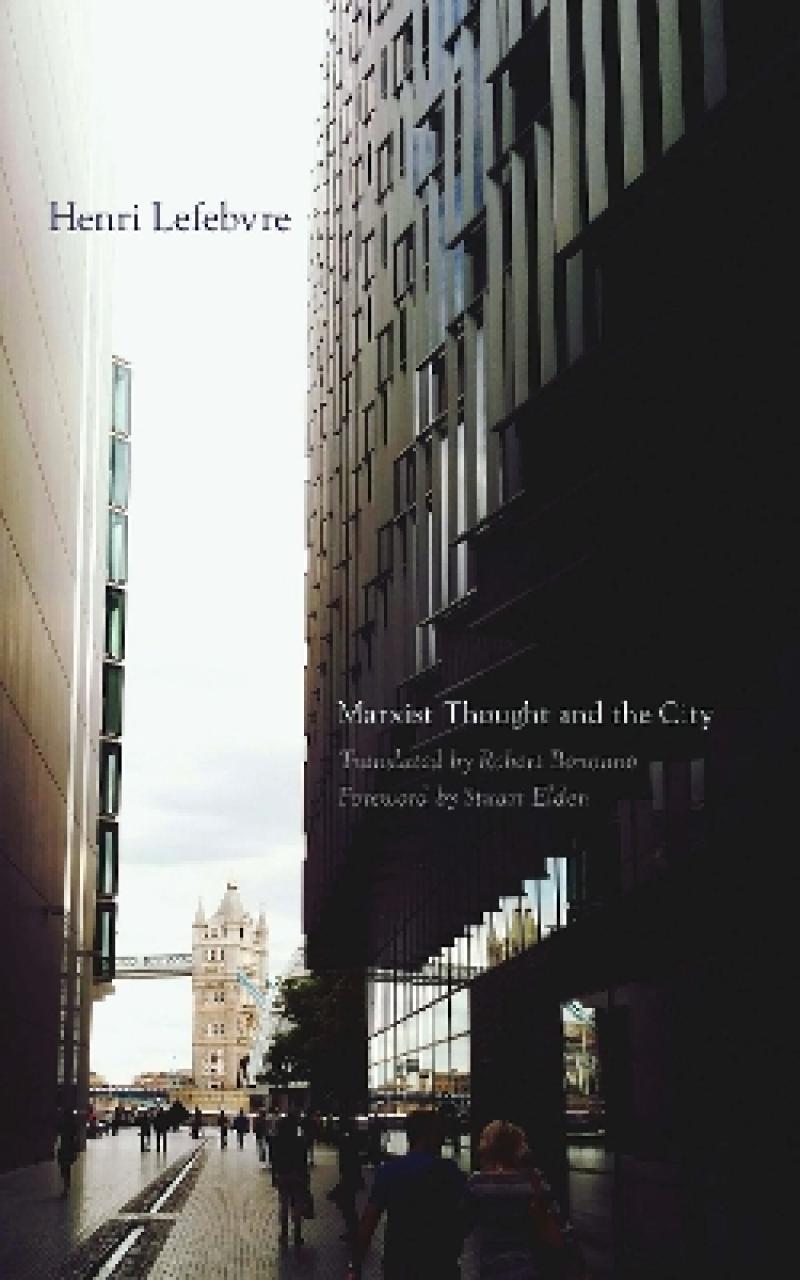This pithy, provocative little book brings Marxist humanism to bear on urban problems as pressing today as they were nearly half-a-century ago. Upsizing cities spell downsizing work, the coming of urban society announces the financialization of space, a crisis of industrial production begets a politics of urban reproduction-all with daunting threats as well as immanent possibilities. Dead for twenty-five years, old man Lefebvre lives on as our most visionary twenty-first-century urban thinker.-Andy Merrifield, author of Metromarxism, Magical Marxism, and The New Urban Question "Lefebvre's work remains of enduring importance."-Stuart Elden, from the Foreword - "Stimulating and resonant, suggesting new ways of attending to some classics of urban theory... My high praise goes to Elden and, especially, Bononno for producing this lovely book, which I am glad to have read."-Antipode "The text reads like a well-crafted set of research notes, constituting a preliminary step toward the concrete elaboration of the urban as a historical mode of production. This volume would be useful both to those who labor in the Marxist tradition as well as to those generally interested in what Edward Soja calls the spatial turn in critical social theory."-Marx & Philosophy
Contents
Foreword
Stuart Elden
Introductory Note
Henri Lefebvre
Marxist Thought and the City
1. The Situation of the Working Class in England
2. The City and the Division of Labor
3. Critique of Political Economy
4. Engels and Utopia
5. Capital and Land Ownership
Conclusion
Notes
